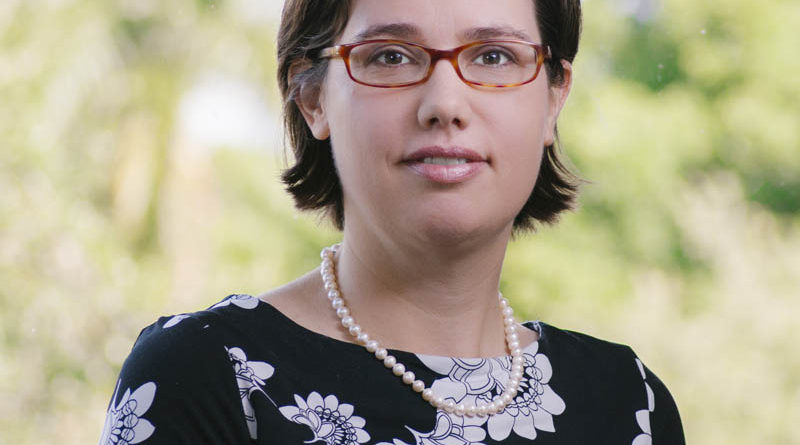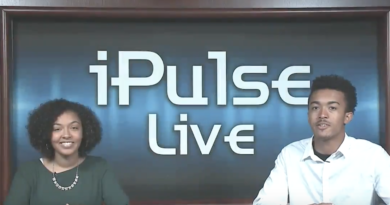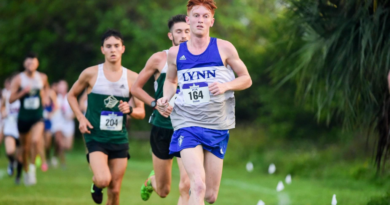“Reacting to the Past” in Dialogues of Belief and Reason Class
Students revisit Galileo’s Trials through Role-Playing Games
Imagine going back in time to the early decades of the seventeenth century to witness Galileo Galilei’s trials. This is what students are doing in Dr. Sanne Unger’s DBRG 200A and B classes. In these Dialogues of Belief and Reason courses, they are reliving these historical events through a role-playing game.
“Rather than just reading and memorizing the material, students engage in a deeper level,” said Unger. “It challenges [students] to think differently and encourages them to work together, talk to each other, strategize and understand [these topics].”
During six weeks, the students will get into character and defend their arguments just like in the trials of 1616 and 1632, debating on issues ranging from the nature of faith and the meaning of the Bible to the scientific principles and methods exposed by Galileo.
Students were assigned individually or in groups to different factions, or sides. The debates occur between those factions that embrace the “new cosmology,” those who denounce it, and others who are still undecided.
“It is great to continue learning about these different theories from various philosophers,” said Maria Blair, sophomore. “It is learning about how they found out that the Earth was not the center of the universe.”
This type of pedagogy is called Reacting to the Past and features role-playing games set during past moments. Students are assigned roles and read classic texts to get a grasp of the historical and societal context.
“[Reacting] is different. It is better than sitting down and listening to a lecture,” said Jordan Smith, sophomore.
Unger decided to incorporate these types of lessons in her classes after reading Mark C. Carnes’ “Minds on Fire: How Role-Immersion Games Transform College.” The book talks about how Reacting improves speaking, writing, and leadership skills, promotes engagement with classic texts and history, and builds learning communities.
Unger’s innovative and engaging approach is reflective of Lynn’s Dialogues of Learning classes which seek to enhance skill sets including critical thinking, reasoning and written and oral communication.
To learn more about Lynn’s core classes, visit lynn.edu/academics/core-curriculum/undergraduate-core-curriculum.



